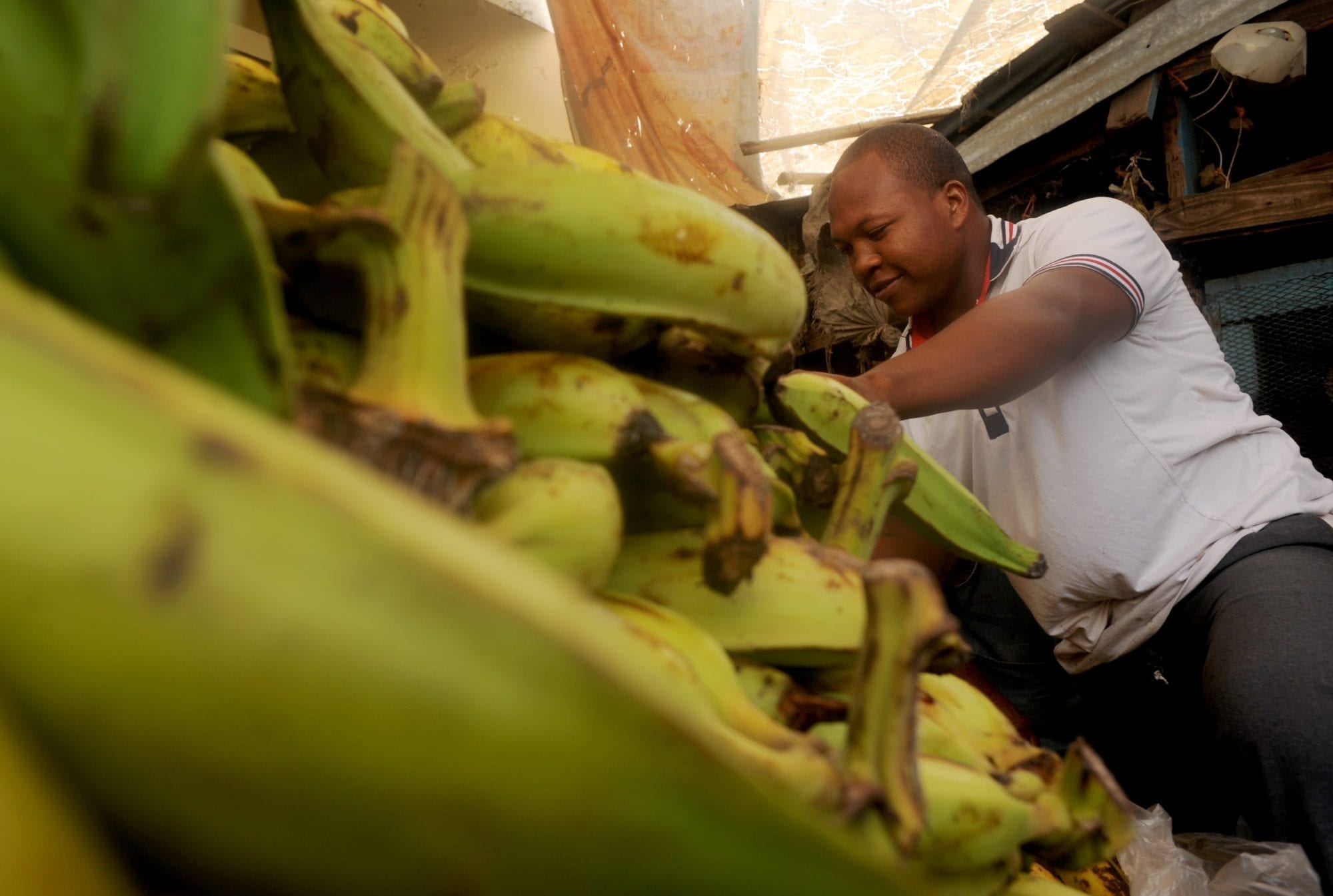Amparo Lara sells plantains in San Cristobal’s Municipal Market, vying for customers along with dozens of other vendors selling mangoes, guavas and a range of vegetables and herbs along with services, such as shoe repair.
The increasing lack of full-time jobs around the world has forced many working people like Lara to seek a living in the precarious informal economy. These market vendors, domestic workers, pedicab drivers and day laborers work for meager wages in jobs unregulated by safety and health standards and typically have no access to pensions, sick leave or worker compensation.
[portfolio_slideshow id=2803]
The Solidarity Center helps workers in the informal economy come together to gain the knowledge and confidence to assert their rights and raise living standards. In 35 countries, we provide trainings and programs to help precarious workers better understand their rights, organize unions to mitigate job vulnerabilities, and learn to bargain for improved conditions and wages.
In the Dominican Republic, where a thriving informal economy includes both Dominicans and Haitians, the Solidarity Center has mobilized many of these workers, forming an organization where they can better stand up for their rights and improve their wages and working conditions.
Through the Féderacion Nacional de Vendedores de los Mercados (FENAVEMER), street sellers like Lara have a collective voice on the job, enabling them to better seek their share of the country’s economic prosperity.

